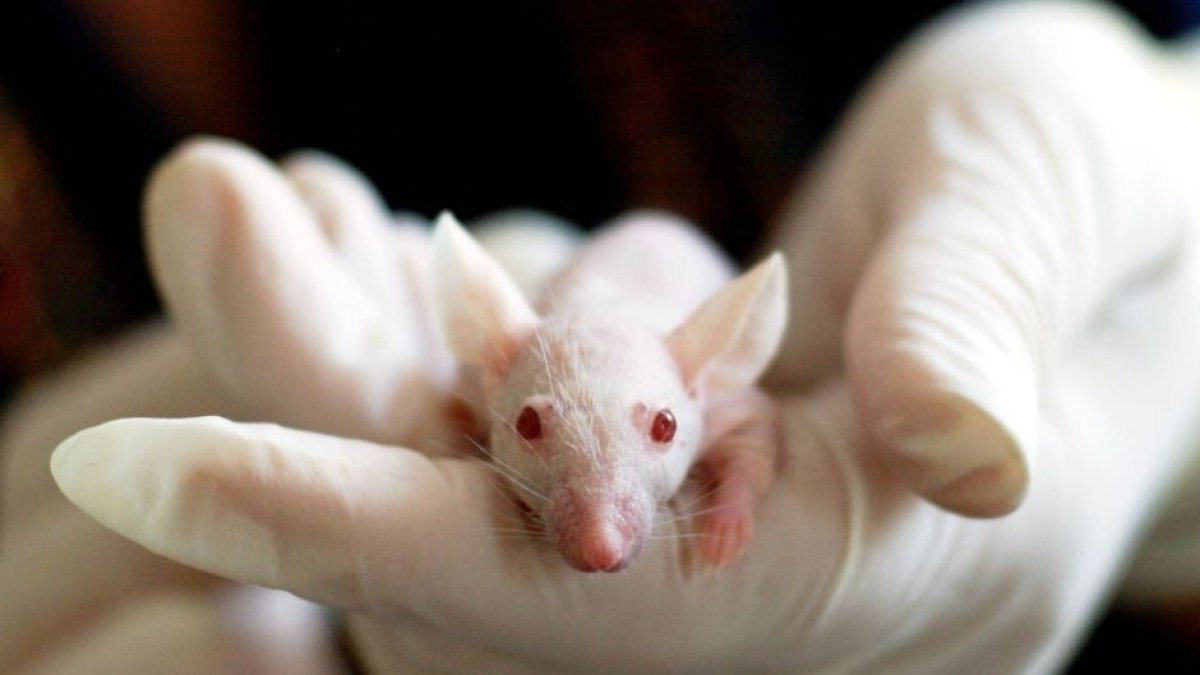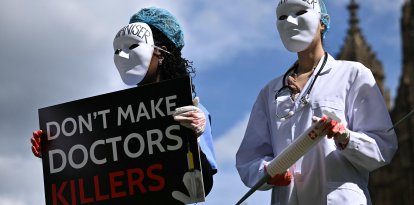Moderna acknowledges that its vaccine caused skeletal deformations in rat embryos
Judicial Watch published reports that pharmaceutical company had submitted to the FDA about its experiments on pregnant rodents.

(pexels).
Rat pups whose mothers experimentally received Moderna’s Covid-19 vaccine developed skeletal deformities. This was reported by the pharmaceutical company itself to the Food and Drug Administration (FDA) in documents accessed by Judicial Watch. Health authorities have been recommending pregnant women get vaccinated since 2021 due to their increased risk of complications from the infection.
In the 699 pages submitted by the Department of Health and Human Services to Judicial Watch, Moderna pointed out that "a 'statistically significant' number of rats were born with skeletal deformities after their mothers were injected with the vaccine." However, the company determined that these abnormalities "were not considered adverse" since "skeletal variations are structural changes that do not affect the development or function of a developing embryo, they are considered reversible".
Non-clinical summary
Unlike Pfizer, which killed the rats which it tested its vaccine on, Moderna kept pregnant rodents alive to test the embryos. In a "non-clinical summary" included in the documentation received by the group, Moderna indicated the frequency and type of abnormalities that appeared in these offspring:
Possibility of developing more serious pathologies
Something that, according to Judicial Watch, is not correct, According to the July 2009 Environmental Research article, "Dose-response relationships of rat fetal skeletal variations: Relevance to risk assessment."
Freedom of Information Act
Judicial Watch received the documents after filing a Freedom of Information Act lawsuit in 2021 after failing to receive requested submissions from the FDA, the Centers for Disease Control and Prevention (CDC) and the National Institute of Allergy and Infectious Diseases (NIAID). The president of the organization, Tom Fitton, stressed that "the fact that it took a federal lawsuit to gain access to this material is yet another scandal.”

























